Angry Young Men misses some important elements of the Salim-Javed story, including an understanding of the duo's creative process.
In fact, the two men do not even appear together in the same space in the series, observes Aseem Chhabra.
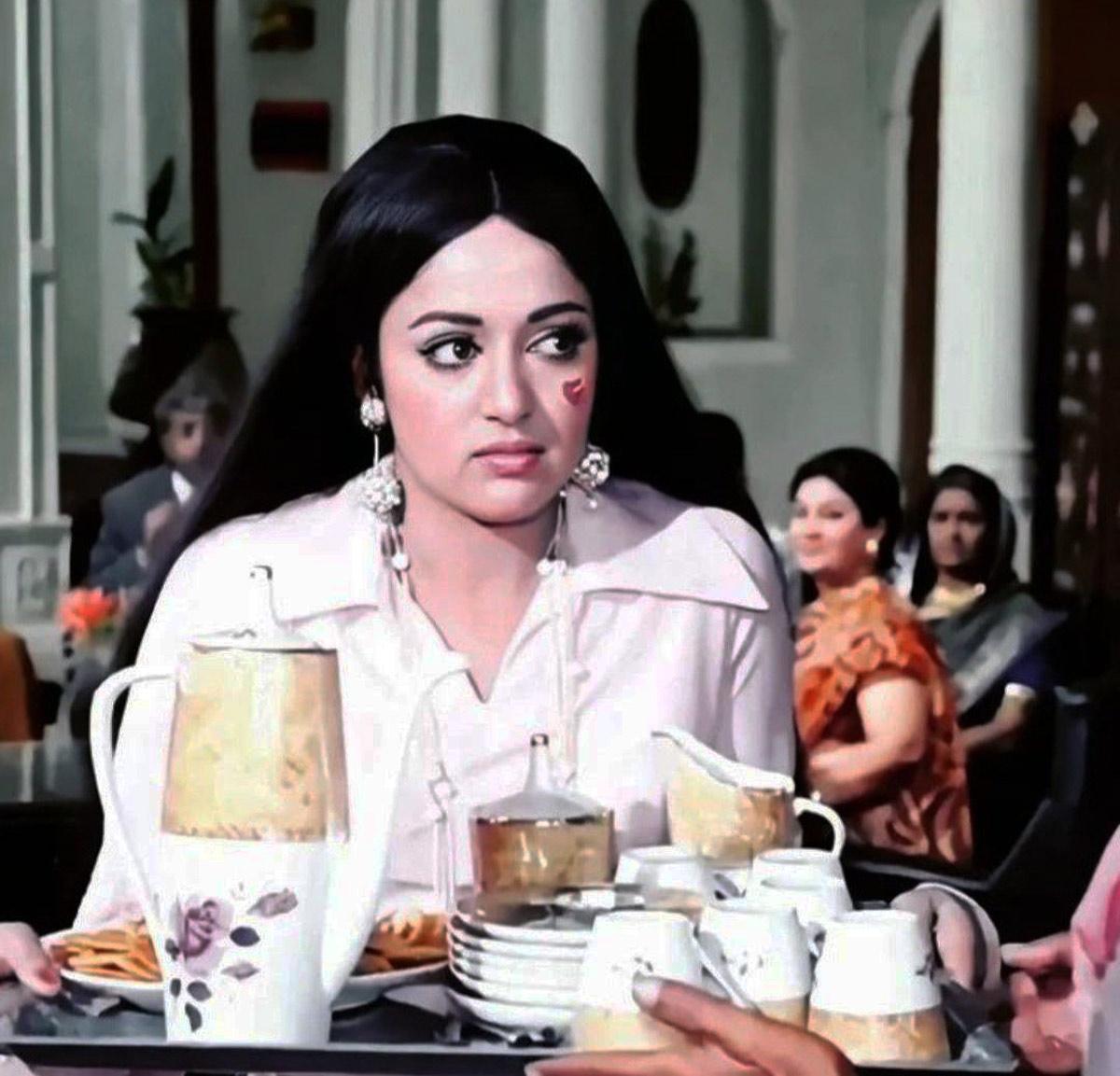
I was a young teenager in 1971 when my family took a vacation to Jaipur where one afternoon we went to see the latest Rajesh Khanna film, Haathi Mere Saathi. I loved the songs, the odd story about a man and his love for his elephants, and the ending that left me in tears.
But I did not know that the screenplay of the film was written by the Salim-Javed team, individually known as Salim Khan and Javed Akhtar.
The next year on my birthday, I took a group of school friends to Delhi's Eros theatre to watch Hema Malini play a double role in Seeta Aur Geeta. The film was a blast, and I especially remember the roller blading song, Hawa Ke Saath Saath.
By then perhaps I knew the name of the film's director Ramesh Sippy. But again, the film obsessed teenager in me was more or less clueless about the two writers of the film.
I had missed Sippy's earlier film Andaz, reportedly inspired by the classic French film A Man and a Woman (1966). Many years later, I would learn that Salim-Javed had scripted that film as well.
I do not think there was ever any acknowledgment of the French film by the Andaz team. It was actually a big hit in France, the US and even played at the International Film Festival of India in Delhi, where my parents saw it.
In any case, I now know that Salim-Javed had a different take on lifting key elements and full story lines from other projects.

In renowned film editor Namrata Rao's new three-part documentary series Angry Young Men, Salim Khan says: 'Originality is the art of concealing the source.'
He was talking in the context of their 1975 mega-hit film Sholay, which many people claim sources key moments from various films made in the West.
Rao's entertaining documentary informs us that by 1973, we were well made aware (even in cities like Delhi, far removed from the buzzy Hindi cinema world of Bombay) of the Salim-Javed team and their tight new scripts with solid punchlines.
The first time it happened was for Prakash Mehra's Zanjeer, where the writing duo created a new kind of a hero in Hindi cinema -- the angry young man, personified here and then in many subsequent films by a very raw, young, focused actor Amitabh Bachchan.
By the time the two wrote Yaadon Ki Baaraat (also 1973), Deewaar and Sholay (both in 1975), Salim-Javed had indeed brought a solid change in the way the Hindi film industry operated. The writers' names began to appear on the posters of the films and they started commanding higher salaries than the top actors.
There is so much nostalgia enveloping the series. We are shown a black and white photo of Sholay playing at Delhi's Plaza Cinema in Connaught Place. Large crowds have gathered outside the theatre hoping to buy tickets at the black-market rate.
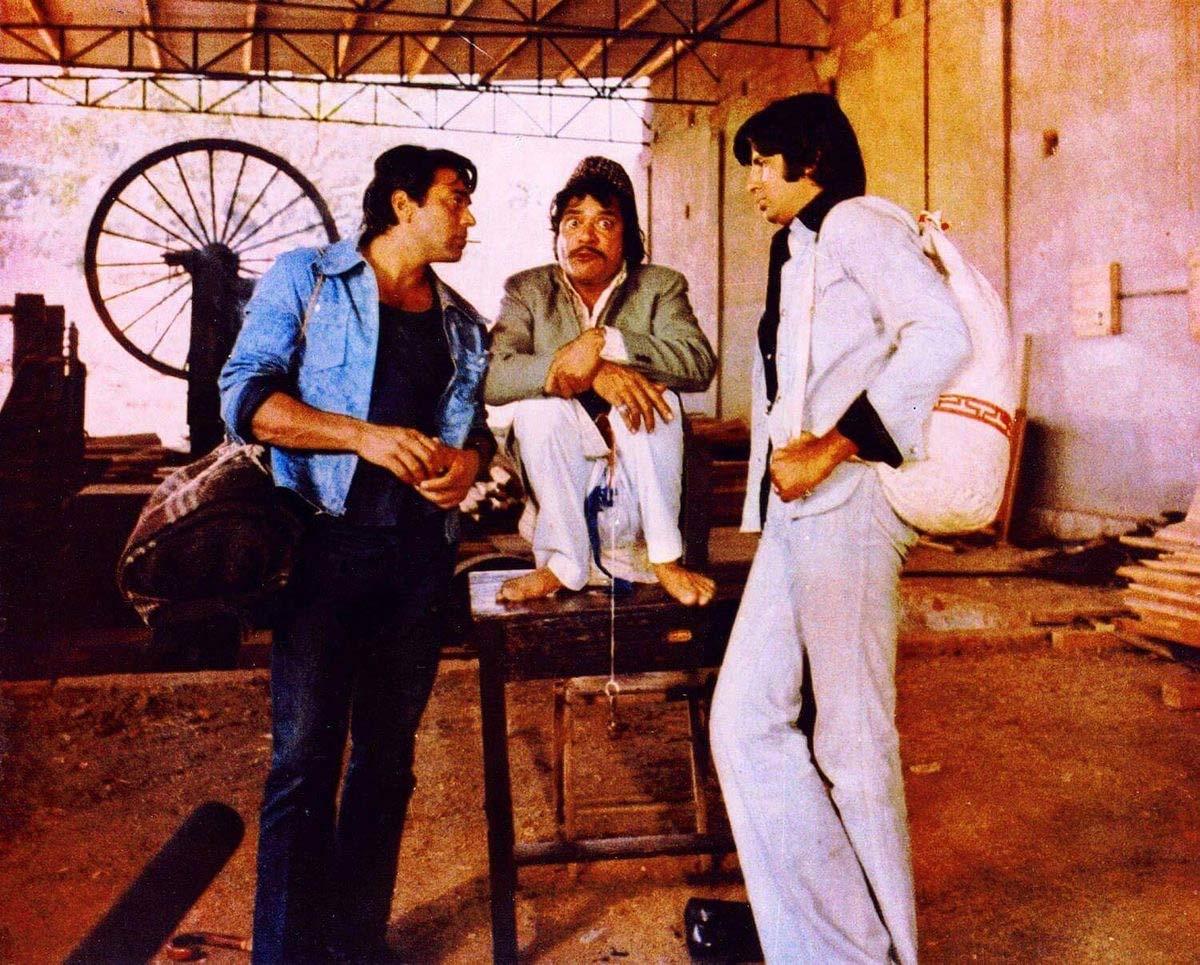
I saw Sholay twice at Plaza, once in the first week of the film's release (I was nearly pickpocketed in the line to buy advance tickets) and a little while later, when friends told me about the strange phenomenon. The audience at different screenings was mouthing dialogues of the film, written by Salim-Javed. And we had to experience that hitherto unheard-of phenomenon.
I saw Deewaar before Sholay at Delhi's Alankar Cinema in Lajpat Nagar. My brother and I were so stunned by the ending and in fact, by the entire film, that we walked in silence from Lajpat Nagar, cutting through Defence Colony and to our home in South Extension Part II. I had never been this silent for a long time.
But it was not just the writing and the dialogues as delivered by the actors that contributed to the successes of Deewar and Sholay. It is unfortunate that Rao's series skips the fact that there were many smaller elements, works by master technicians that also sharpened the films.
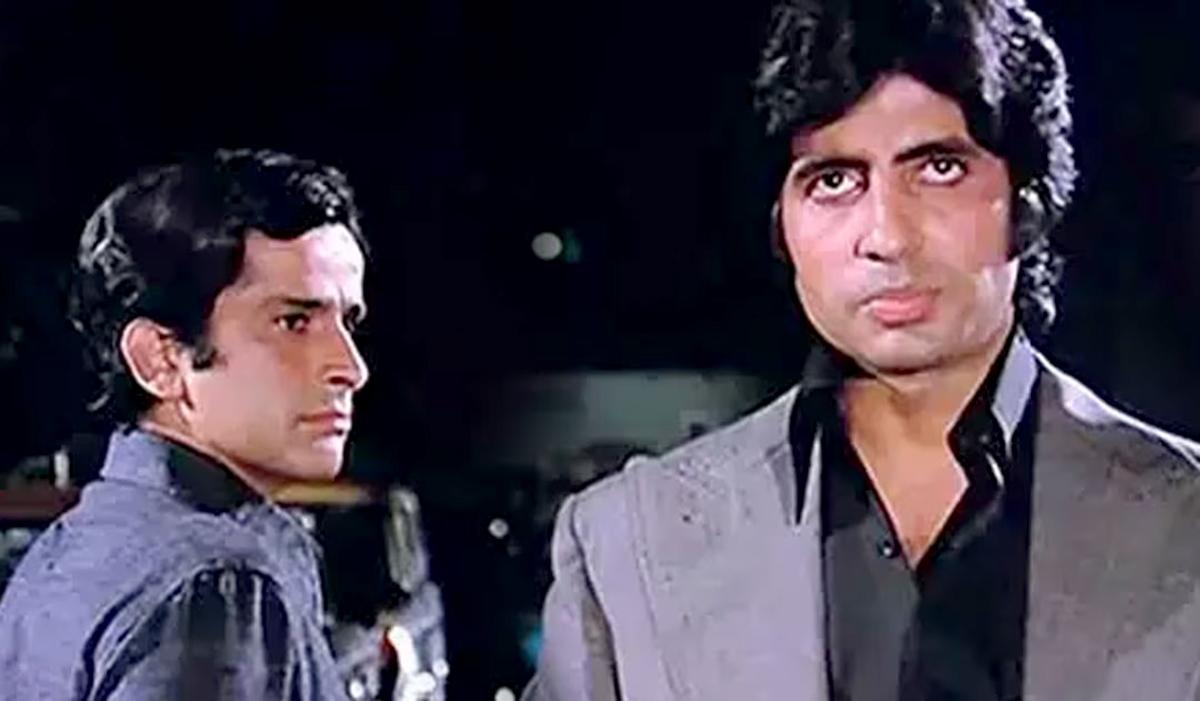
For instance, the series often quotes the Mere Paas Maa Hai punchline that Shashi Kapoor's Ravi delivers after his older brother Vijay (Bachchan) goes into the monologue, 'Aaj mere paas paisa hai, bangla hai, gaadi hai, naukar hai, bank balance hai... .' But as revealed in Subash Sahoo's 2017 documentary, The Sound Man Mangesh Desai, the reason why the dialogue Mere Paas Maa Hai is so effective is because during post-production, Mangesh Desai added a clanking sound before Kapoor spoke his four-word line.
Immediately thereafter, another sound effect of the whistle of a train engine was also added by Desai, underlining the impact of Kapoor's line.
Desai was the all-powerful sound re-recordist who could add elements that would give the films' narratives different, impactful tones.
He worked with key film-makers from Yash Chopra to Satyajit Ray.
He also added the train whistle at the end of the Chalte Chalte song in Pakeezah, against the wishes of the film's music director Ghulam Mohammed. But that sound made the song so much more magical.
Even for Sholay, the sound design was enhanced by Desai, which gave the film a remarkable sense of edginess.
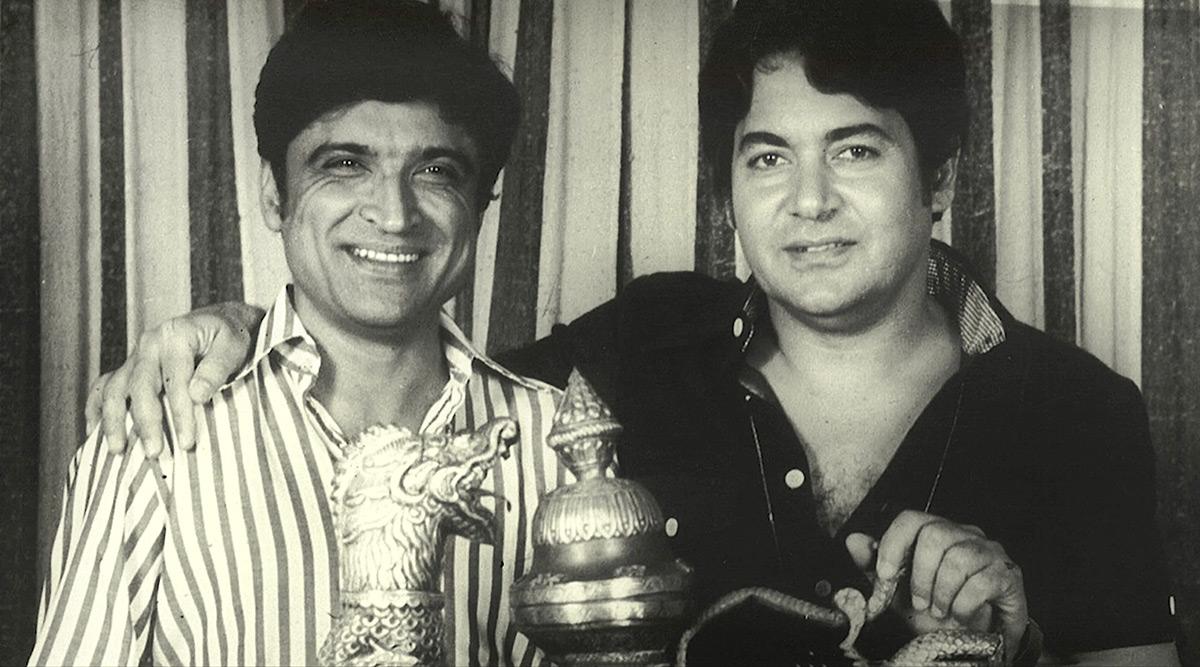
Angry Young Men misses some important elements of the Salim-Javed story, including an understanding of the duo's creative process. In fact, the two men do not even appear together in the same space in the series.
The series is produced by Salim-Javed's successful children. And while it speaks with honesty about the struggles of the two writers, their loves, marriages, divorces and re-marriages, I could not help thinking that the real goal of the show is to enhance and re-build the cult and fandom of Salim-Javed.
That is something different generations of fans of Hindi cinema would easily buy into.
While watching the series, we almost forget that there were many other creative voices in the Hindi film industry in the 1970s and 1980s.
Directors and writers like Hrishikesh Mukherjee and Gulzar, plus many others were working at the same time and made some equally remarkable films.
Actors such as Amitabh Bachchan, Sanjeev Kumar and Jaya (Bhaduri) Bachchan would transition smoothly from the Salim-Javed/Yash Chopra films to those directed by Mukherjee and Gulzar.
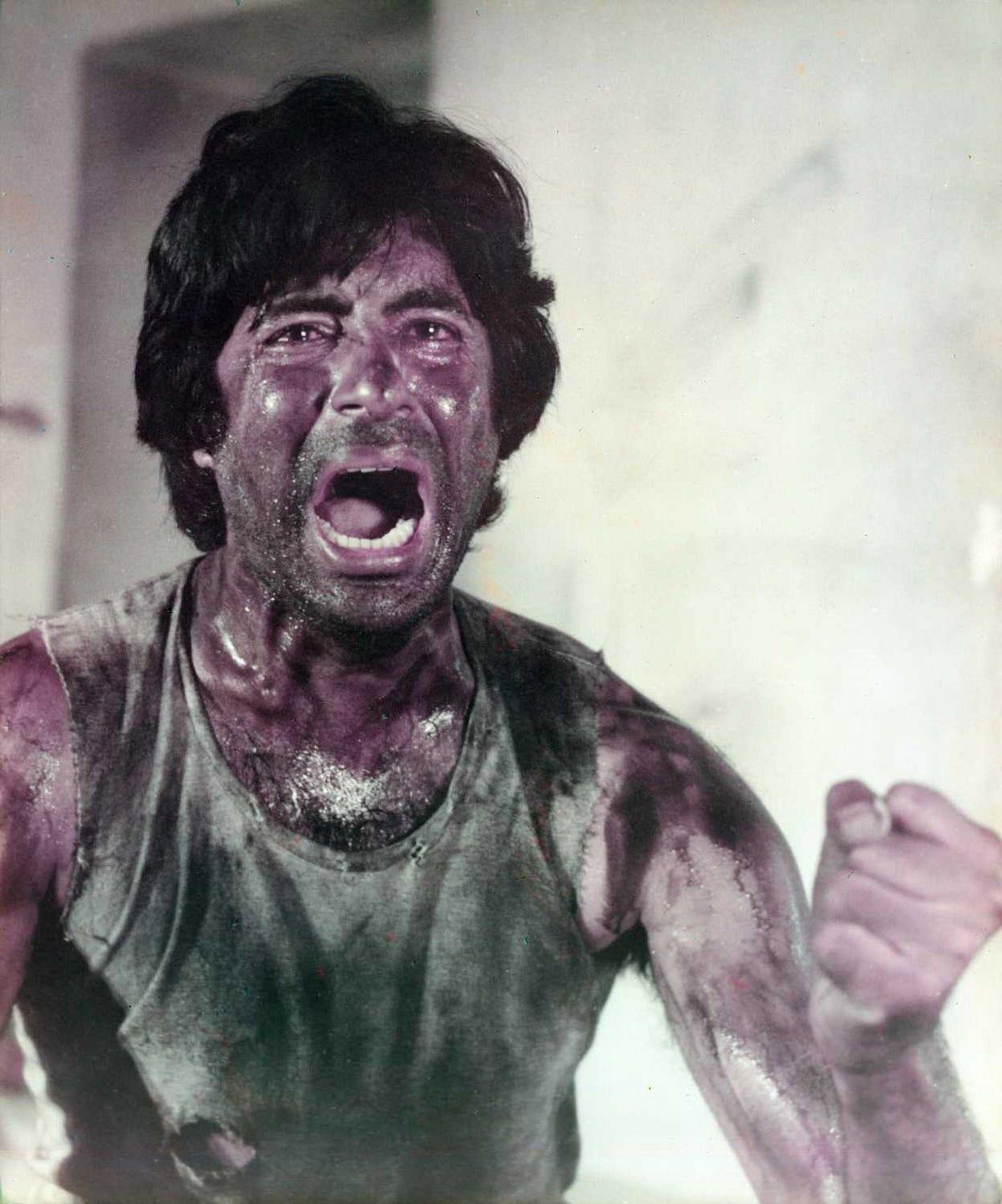
In addition to acting in Deewaar, Trishul and Kala Pathhar -- all directed by Yash Chopra and based on Salim-Javed scripts -- Amitabh Bachchan also played the lead in the director's 1976 film Kabhi Kabhie. That film was not written by Salim-Javed and it gave Bachchan a chance to play a brooding romantic hero, quite apart from the regular angry young man.
There is a recently published anthology called The Swinging 70s that explores the full scope of the Hindi film industry of that era -- the popular Salim-Javed cinema and beyond. Full disclosure: I have written a piece in the book on Shyam Benegal's films.
Despite its shortcomings, Angry Young Men should definitely be seen by fans of Hindi cinema. The new book can be a good companion piece to Rao's three-part show.
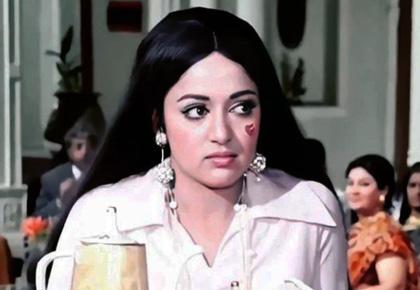



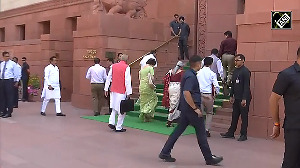


 © 2025
© 2025